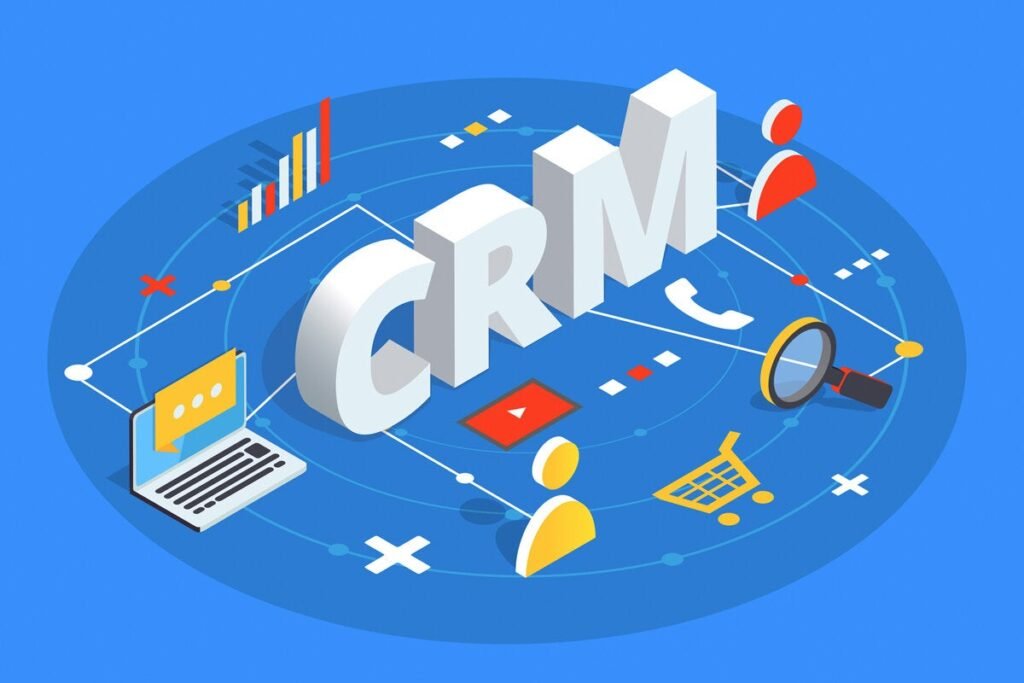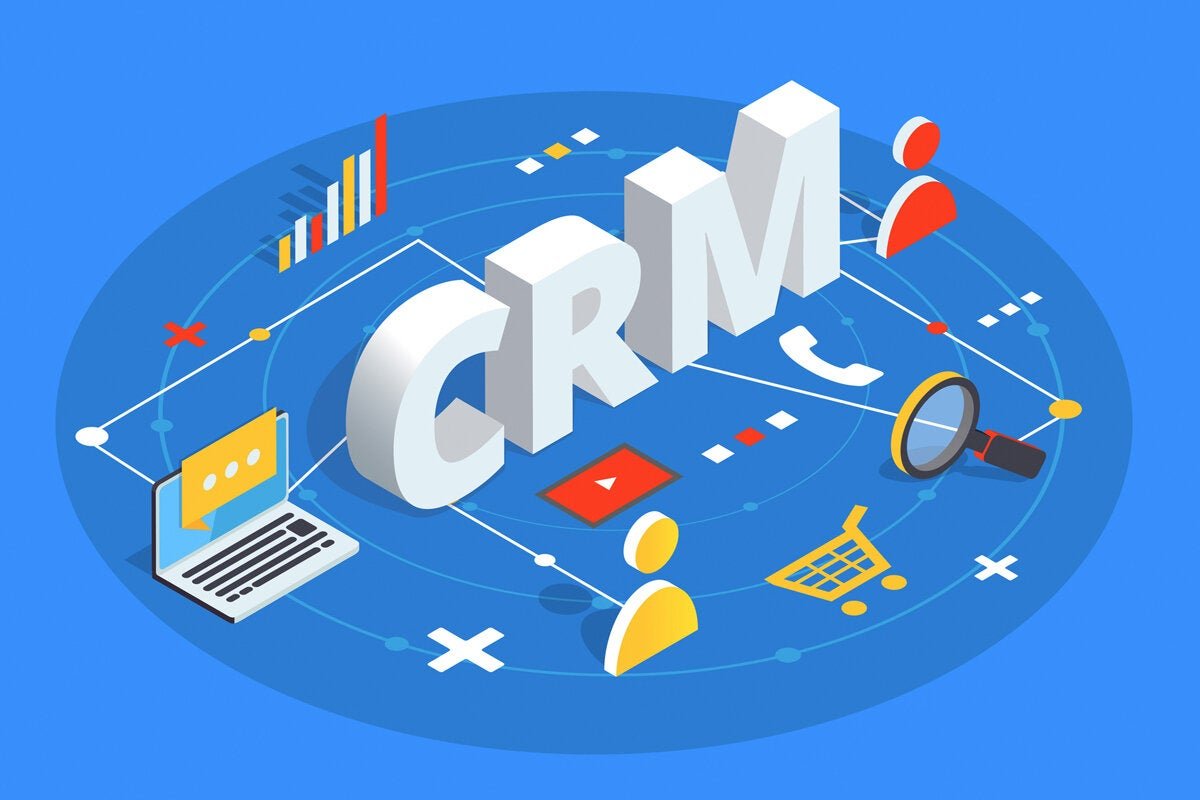
Introduction:
- Brief overview of CRM software and its purpose in managing customer relationships.
- Discuss the benefits of CRM, such as improved customer satisfaction, enhanced communication, and streamlined processes.
- Choose the Right CRM Software
- Identify Your Needs:
- Assess your business requirements (e.g., sales tracking, customer support, marketing automation).
- Consider factors like company size, industry-specific needs, and budget.
- Evaluate CRM Options:
- Compare features, scalability, and integration capabilities of different CRM platforms (e.g., Salesforce, HubSpot, Zoho CRM).
- Look for user-friendly interfaces and customization options.
2. Set Up and Customize Your CRM
- Data Import:
- Import existing customer data into the CRM (e.g., contacts, sales history).
- Ensure data accuracy and completeness during the import process.
- Customization:
- Tailor CRM features to match your business processes (e.g., custom fields, workflows, dashboards).
- Set up user roles and permissions to control access to sensitive information.
3. Integrate CRM with Other Tools
- Email and Communication:
- Integrate your CRM with email platforms and communication tools (e.g., Gmail, Outlook) for seamless interaction.
- Marketing Automation:
- Connect with marketing tools to manage campaigns, track engagement, and automate follow-ups.
- Social Media:
- Link social media accounts to monitor interactions and engage with customers across platforms.
- ERP and Accounting Software:
- Ensure your CRM integrates with ERP systems for streamlined operations and financial management.
4. Manage Customer Interactions
- Track Interactions:
- Use CRM to record customer interactions (e.g., calls, meetings, emails) and maintain a detailed history.
- Manage Leads and Opportunities:
- Monitor the sales pipeline, track leads, and manage opportunities to drive conversions.
- Automate Follow-Ups:
- Set up automated reminders and follow-ups to ensure timely responses and nurture relationships.
5. Enhance Customer Support
- Case Management:
- Use CRM to manage customer support cases and track resolution progress.
- Knowledge Base:
- Build and maintain a knowledge base within the CRM for self-service support and FAQs.
- Customer Feedback:
- Collect and analyze customer feedback through the CRM to improve service and address issues.
6. Analyze and Utilize Data
- Generate Reports:
- Create detailed reports on sales performance, customer behavior, and campaign effectiveness.
- Track Metrics:
- Monitor key performance indicators (KPIs) such as customer acquisition cost, lifetime value, and retention rates.
- Use Analytics:
- Leverage CRM analytics to gain insights into customer trends and make data-driven decisions.
7. Train Your Team
- Onboarding:
- Provide comprehensive training for your team on using the CRM software effectively.
- Ongoing Support:
- Offer continuous support and resources to ensure team members stay proficient with CRM features.
8. Maintain Data Quality
- Regular Updates:
- Keep customer information up-to-date by regularly reviewing and updating data.
- Data Cleansing:
- Implement processes for data cleansing to remove duplicates and correct inaccuracies.
Conclusion:
- Recap the importance of leveraging CRM software to manage customer relationships.
- Encourage businesses to continuously explore new CRM features and best practices to optimize their usage.
- Invite readers to share their experiences or seek professional advice for CRM implementation.
Call to Action:
- Suggest a free CRM trial or demo to explore how the software can benefit their business.
- Offer a downloadable guide or checklist for CRM best practices and setup.
This guide provides a structured approach to leveraging CRM software, ensuring you make the most out of its capabilities to enhance customer relationships and drive business success.
